 Our teeth are tiny but strong. They help us chew our food, nourishing our bodies, helping us stay healthy and strong. Since they make up our smile, our teeth also help to make a good first impression on others and feel good about ourselves so we should really take better care of them.
Our teeth are tiny but strong. They help us chew our food, nourishing our bodies, helping us stay healthy and strong. Since they make up our smile, our teeth also help to make a good first impression on others and feel good about ourselves so we should really take better care of them.
Human beings grow two sets of teeth in their lives: their baby teeth and their adult teeth. Once your adult teeth have grown in, usually by age twelve or thirteen, it’s very important to properly care for your teeth as you won’t be getting any natural replacements. The most common threat to the health of your teeth are cavities.
What Is A Cavity?
Cavities are the official terminology used when tooth decay has weakened and opened holes — hence the name– in your tooth enamel. Cavities expose the sensitive soft tissues and nerves inside, making your tooth vulnerable to bacteria which can cause infections. If left untreated, cavities can cause sensitivity in the affected teeth, making proper chewing difficult, limiting your dietary options and making it hard to get proper nutrition.
Cavities are the most commonly diagnosed ailment in humans aside from the common cold. But what causes this prevalent threat to your smile? What can my dentist do to fix them? And what can I do to prevent cavities so I don’t get them in the first place? Dr. Mark Sowell of Aesthetic Dentistry Centre in Plano, TX has the answers.
How Do Cavities Form?
Living bacteria, most of which is relatively harmless on its own, thrive in the warm and wet environment of our mouths. When food particles and saliva combine and form plaque in places that are hard for us to clean such as in between teeth and right at the gum line, these bacteria gather to feed on it. The bacteria prefer foods high in sugar or starch and when they begin digesting these particles, the acids that break down the plaque continue eating away at the enamel below.
How Are Cavities Treated?
Cavities are usually treated by your dentist with fillings — when a dentist fills in and reinforces the weakened areas of tooth enamel with various hard substances. Fillings halt the process of decay by restoring the damaged part of the tooth, preventing bacteria and acids from eating away any further. Fillings can be created with composite resin, amalgamated metals, gold, silver or glass ionomer. Your dentist and you will decide which material will work best for your teeth and budget.
Preventing Cavities
It is far simpler to prevent something than to repair it once it breaks. It’s the same with cavities. Brushing after meals or at least twice daily with a fluoride-infused toothpaste is recommended by the American Dental Association to remove the plaque-causing particles and bacteria.
Dentists also suggest limiting your carbohydrate intake and keeping yourself properly hydrated. A dry mouth can hasten the acidic breakdown of your teeth. Daily flossing helps clear away the plaque and bacteria in those hard to reach spaces between your teeth to reduce your risk of cavities.
The most important part of prevention is to have regular check-ups and cleanings at your dentist’s office. For those patients in the Plano, TX area, call (972) 382-6855 or schedule a complimentary consultation with Dr. Sowell at Aesthetic Dentistry Centre. If you think you may be suffering from cavities or would just like a cleaning or consultation about another dental issue, call us today!
